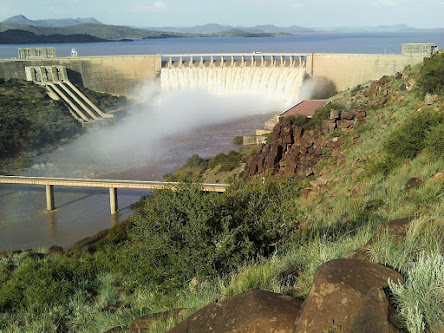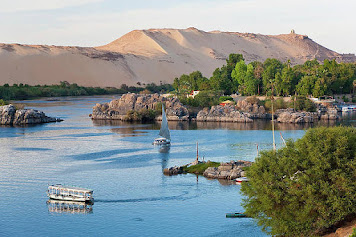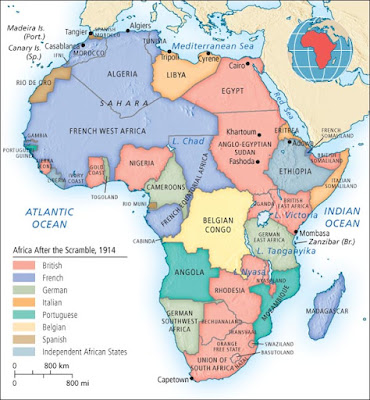GERD: National Symbol, Regional Quandary
Hello! Our third blog will focus on one of the biggest infrastructure megaprojects in Africa- the GERD, and delve into the contrasting and multifaceted impacts it has on Ethiopia and Egypt.
About the GERD
Ethiopia is currently the fastest-growing economy in Africa, with an average annual GDP growth rate of 9.5% over the last 15 years, and this can be attributed to the country's infrastructure advancement (World Bank, 2022). The most notable infrastructure project in recent years would be the GERD, the $5 billion hydropower facility holding 74 billion cubic metres of water- even more than the entire Blue Nile itself (Basheer et al,, 2021). The GERD could provide electricity to more than half of Ethiopia's population, and once the dam operates at full capacity, Ethiopia could also potentially become a leading energy exporter in the region by selling its surplus electricity. (Pichon, 2021).
National Triumph
But the benefits the GERD brings in are more than economic. In the politically and ethnically divided country of Ethiopia, the dam serves as a symbol of unity. The GERD was primarily self-funded by Ethiopians through tax and bonds- it is framed as an investment for all and by all. The campaign #Its My Dam positioned the GERD as a central point of the country, and it was made possible by the people of Ethiopia. The River Nile itself is also a prominent emblem in the Ethiopian imaginary, and much foreign literature has long associated it with Egypt, but the narrative is now changing, thanks to this infrastructure megaproject. Emotions, attachments, and nationalism run deep through the GERD and along the Nile.
Here is an insightful podcast to understand why the GERD construction was sentimentally charged.
Its My Dam Campaign (Source: BBC)
Same Dam, Different Views
The narrative, however, is drastically different just a little further downstream in Egypt. Although the GERD will not decrease the flow of water downstream in the long term, it would still be altered during the time Ethiopia takes to fill up the reservoir. A USC study predicted a one-third reduction in the downstream water level, and projected the economic loss in Egypt to reach $51 billion (Heggy et al. 2021). But despite the dissents from the downstream countries, Ethiopia continued to fill its reservoirs without any prior agreements from the other parties. In the eyes of the Egyptians, Ethiopia could easily gain an upper hand by controlling the entire flow of the Blue Nile, turning this seemingly neutral resource into a political weapon (Polakovic, 2021). Egypt has historically been the dominant economy in the region, but as Cairo's global leverage weakens, its riparian counterparts begin to gain traction in altering the historical power equation. Egypt is slowly losing hegemonic control over the Nile Basin, and they are certainly not ready for it.




Comments
Post a Comment